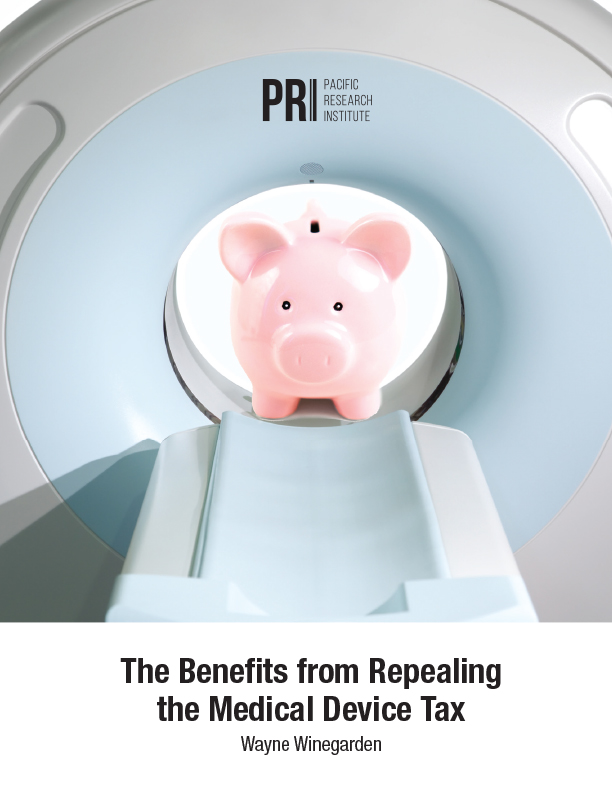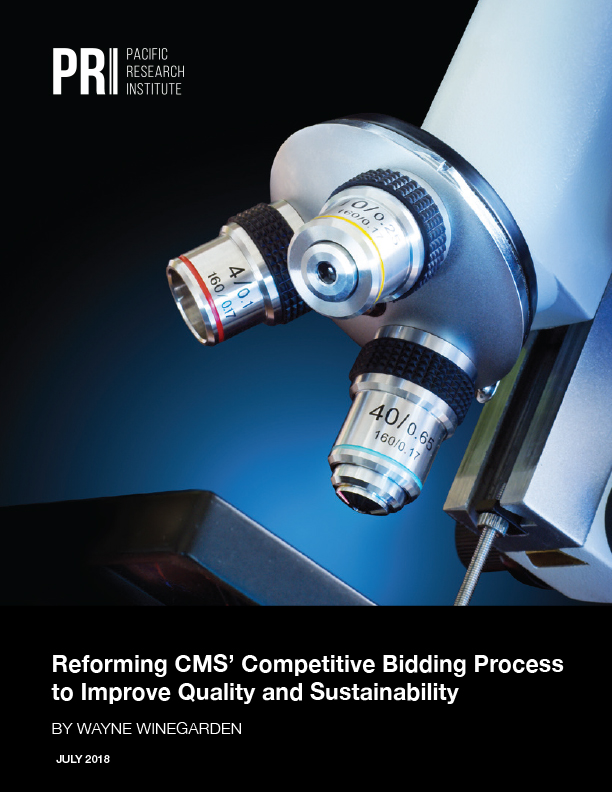Drug Prices That Matter
Too often, drug pricing analyses do not shed light on how much drug expenditures are actually increasing because these studies examine the wrong price. The latest iteration is an analysis by Rx Savings Solutions. According to the Wall Street Journal, Rx Savings Solutions documented that dozens of drug makers raised the list prices on hundreds of medicines for 2019. The average list price increase was 6.3%. Based on these findings, many people might reasonably conclude that patients will be paying more for...



